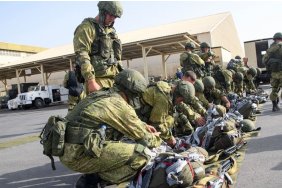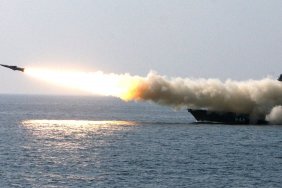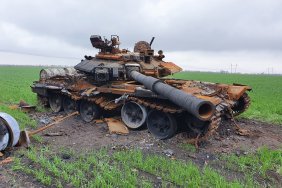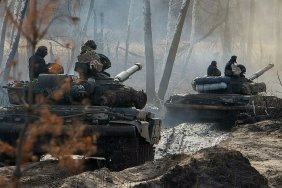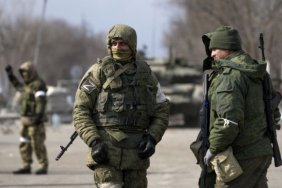On August 4, Russian President Vladimir Putin signed a law authorizing the arming of the Russian Guard with heavy weapons. The purpose of this structure is to ensure the security of the regime. This was reported on the official Twitter of the Ministry of Defense of Great Britain.
According to the report, the Russian Guard, which is expanding and unites up to 200,000 people, was created in its current form in 2016 and is managed by Vladimir Putin's former bodyguard, Viktor Zolotov.
According to British intelligence, despite Zolotov's claims of his unit's successful actions during the mutiny, there is no evidence that the Russian Guard took any effective action against Wagner. This is precisely the threat to internal security that it should have suppressed.
"Since Zolotov had previously suggested that the heavy equipment should include artillery and combat helicopters, this move shows that the Kremlin is increasing its investment in the resources of the Russian Guard as a key structure to ensure the security of the regime," the UK Ministry of Defense emphasizes.
On June 24, Wagner militants quickly seized control of Rostov-on-Don and moved toward Moscow.
British intelligence says Russian Guard's response to Wagner's mutiny was insufficient
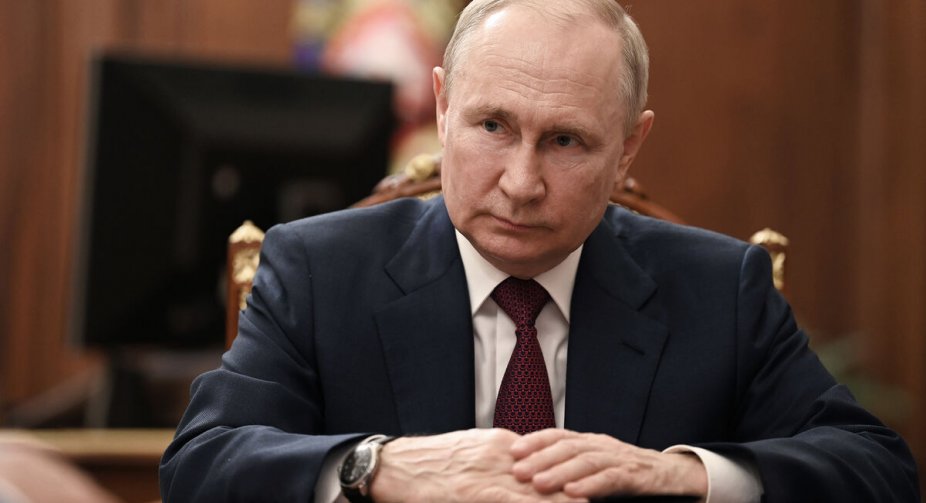
Recommended News

On August 4, Russian President Vladimir Putin signed a law authorizing the arming of the Russian Guard with heavy weapons. The purpose of this structure is to ensure the security of the regime. This was reported on the official Twitter of the Ministry of Defense of Great Britain.
According to the report, the Russian Guard, which is expanding and unites up to 200,000 people, was created in its current form in 2016 and is managed by Vladimir Putin's former bodyguard, Viktor Zolotov.
According to British intelligence, despite Zolotov's claims of his unit's successful actions during the mutiny, there is no evidence that the Russian Guard took any effective action against Wagner. This is precisely the threat to internal security that it should have suppressed.
"Since Zolotov had previously suggested that the heavy equipment should include artillery and combat helicopters, this move shows that the Kremlin is increasing its investment in the resources of the Russian Guard as a key structure to ensure the security of the regime," the UK Ministry of Defense emphasizes.
On June 24, Wagner militants quickly seized control of Rostov-on-Don and moved toward Moscow.
